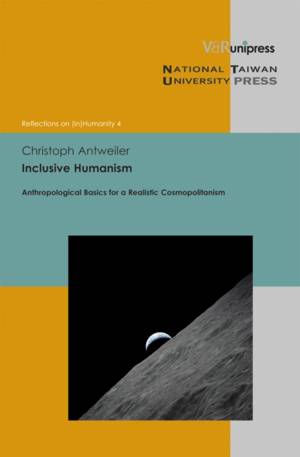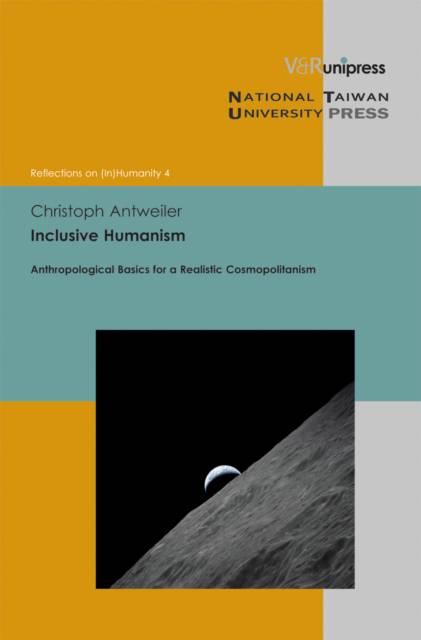
Je cadeautjes zeker op tijd in huis hebben voor de feestdagen? Kom langs in onze winkels en vind het perfecte geschenk!
- Afhalen na 1 uur in een winkel met voorraad
- Gratis thuislevering in België vanaf € 30
- Ruim aanbod met 7 miljoen producten
Je cadeautjes zeker op tijd in huis hebben voor de feestdagen? Kom langs in onze winkels en vind het perfecte geschenk!
- Afhalen na 1 uur in een winkel met voorraad
- Gratis thuislevering in België vanaf € 30
- Ruim aanbod met 7 miljoen producten
Zoeken
€ 89,45
+ 178 punten
Omschrijving
The diversity of interconnected cultures on a bounded planet requires more shared orientations. The humanities and politics have to face fundamental questions. What does a humanism look like that does not move too rapidly to universalize the views and historical experiences of the European or American world? How can we conceive of globality as a new entity without playing unity and diversity off against one another? Does a world culture that is becoming ever closely related in fact need common values or only rules of human exchange? How can we succeed at civilizing an ever-present ethnocentrism? How do we keep the terms "culture" and "humanity" from being misused as weapons in identity wars? Any realistic cosmopolitanism must proceed from an understanding of humankind as one entity without requiring us to re-design cultures to fit on with some sort of global template. Answers can be gained by deploying shared characteristics of humans as well as pan-cultural commonalities. This book offers an anthropologically informed foundation for addressing pertinent questions of intercultural exchange.
Specificaties
Betrokkenen
- Auteur(s):
- Vertaler(s):
- Uitgeverij:
Inhoud
- Aantal bladzijden:
- 262
- Taal:
- Engels
- Reeks:
- Reeksnummer:
- nr. 4
Eigenschappen
- Productcode (EAN):
- 9783847100225
- Verschijningsdatum:
- 12/09/2012
- Uitvoering:
- Hardcover
- Formaat:
- Genaaid
- Afmetingen:
- 165 mm x 241 mm
- Gewicht:
- 589 g

Alleen bij Standaard Boekhandel
+ 178 punten op je klantenkaart van Standaard Boekhandel
Beoordelingen
We publiceren alleen reviews die voldoen aan de voorwaarden voor reviews. Bekijk onze voorwaarden voor reviews.









